The Future Leaders Awards program is brought to you in partnership with PointClickCare. The program is designed to recognize up-and-coming industry members who are shaping the next decade of senior housing, skilled nursing, home health and hospice care. To see this year’s future leaders, visit https://futureleaders.agingmedia.com/.
Ryan Iwamoto, president and co-founder of Los Angeles-based 24 Hour Home Care, has been named a 2021 Future Leader by Home Health Care News.
To become a Future Leader, an individual is nominated by their peers. The candidate must be a high-performing employee who is 40-years-old or younger, a passionate worker who knows how to put vision into action, and an advocate for seniors, and the committed professionals who ensure their well-being.
Iwamoto sat down with HHCN to talk about why he believes home care will have a bigger seat at the table in 2022 and why leaders in the space need to be resilient.
HHCN: What drew you to this industry?
Iwamoto: My first job out of college was working for Maxim Healthcare Services, a large nationwide home health company. I started there as a recruiter. When I started, they just launched their personal care services division. I had a really good opportunity to learn about the industry. I saw the opportunity of 10,000 baby boomers turning age 65 every single day until 2030. Most people are living longer, and they want to stay in their homes.
Around the same time, I actually needed to find care for my late grandmother. Even working in the home care industry, it was extremely challenging to find the right fit. I knew there could be a better way. Having both of those lenses, the professional side and also the personal side, really helped down the road when we started 24 Hour Home Care in 2008.
What’s your biggest lesson learned since starting to work in this industry?
At the end of the day, we are a people-first industry. Our service is providing people, for people. The one thing we learned along the way is everything needs to revolve around our caregivers and our employees within the office. Inspiring growth in our people has been the best way to build the business long term. One of our differentiators is that we are a people-first, caregiver central organization. Happy caregivers equal happy employees, which equals happy clients.
If you could change one thing with an eye toward the future of home-based care, what would it be?
The biggest thing that we hear about home care is that it’s expensive, and it is. I think there’s definitely an opportunity to see home care utilized much more as a benefit with payers in different groups. We are seeing the needle move with Medicare Advantage (MA), adding it as a supplemental benefit. We work with some of the MA plans to provide that benefit, which is great. We’re also seeing states like Washington creating that long-term care fund for Washingtonians. I know Hawaii also has what they call the Kupuna Caregivers Act, which allows individuals to get paid as a full-time caregiver of a loved one.
I think there’s much more that we can do. I love the opportunity, and the challenge, to provide programs and pilots, to show that home care can be a great benefit and save the health care system some money. We know we can provide better care in the home — and at a much lower cost, too.
What do you foresee as being different about the home-based care industry looking ahead to 2022?
For better or worse, COVID-19 has put a spotlight on home care. I think we’re going to have a bigger seat at the table when it comes to payers and post-acute care services.
We’ve had a lot more conversations on how we can help health systems, how we can help managed care organizations and how we can help payers, such as the Medicare Advantage plans, with their members leveraging home care.
In a word, how would you describe the future of home-based care?
Bright, for all of the reasons stated above.
If you could give advice to yourself looking back to your first day in the industry, what would it be and why?
This industry is about being resilient. If we’re looking at this industry as an ocean, you have all of these different waves coming. Those waves are constant. You can either get hit by the waves and go back on the shore, or you can pick up a surfboard and ride them.
I’m going to steal this quote that I got from Danny Meyer. I think he got this advice from his uncle who said, “Problems are the definition of business.” The people that do the best in business aren’t the ones that have the least amount of problems. They’re the ones that solve the problems better and have fun doing it, with better people.
When I look at our industry, there are so many different things that have come, whether it’s different licensures or overtime, or minimum wage or COVID-19. It’s about riding the waves and finding different opportunities to improve what we do.




